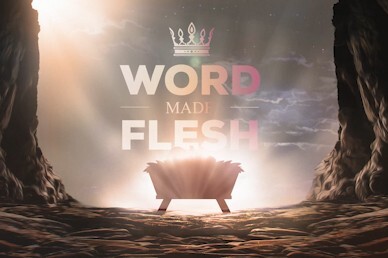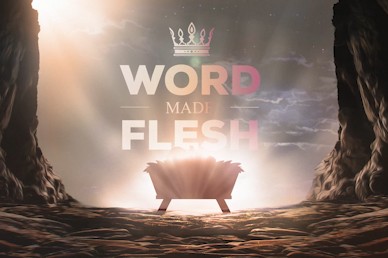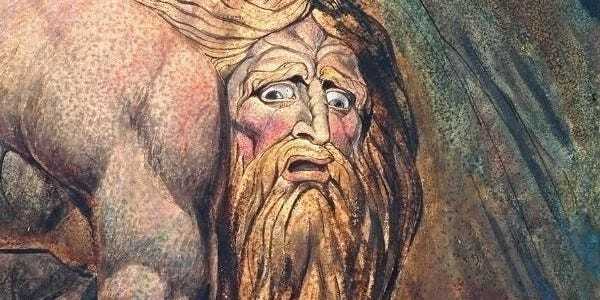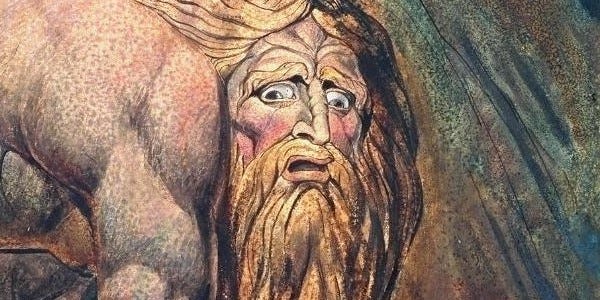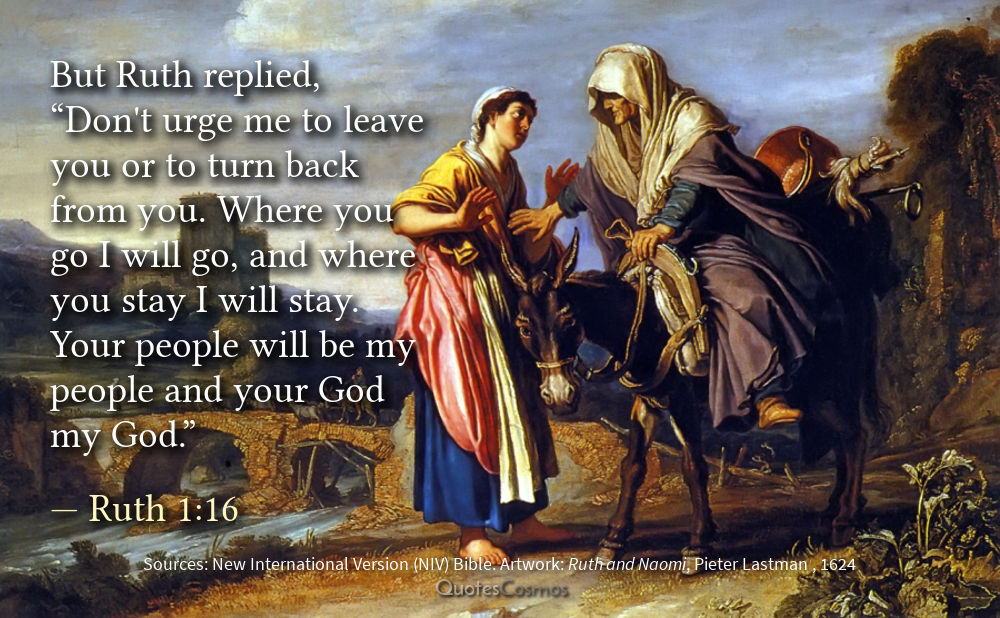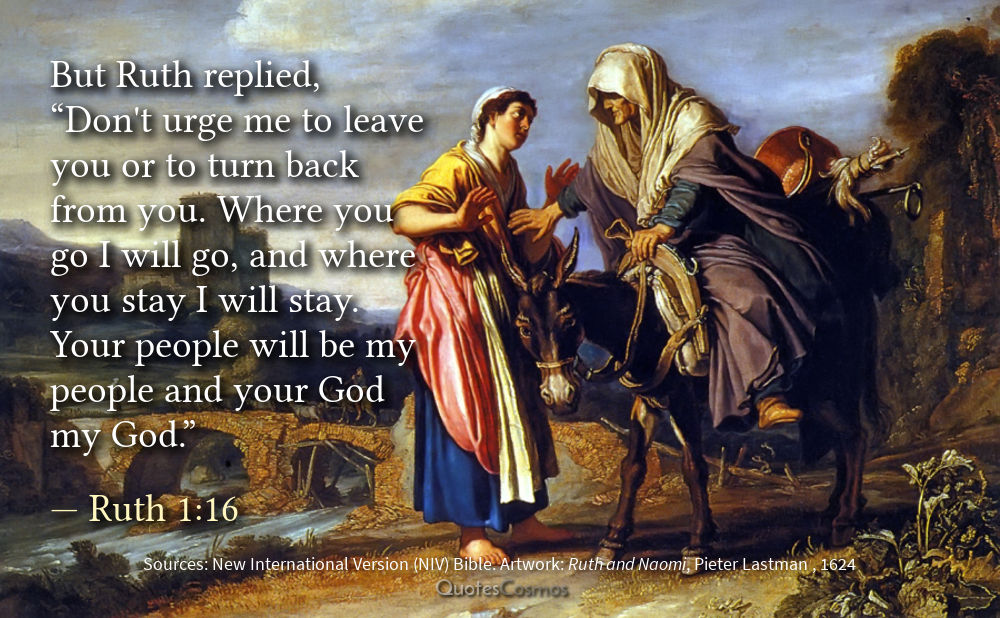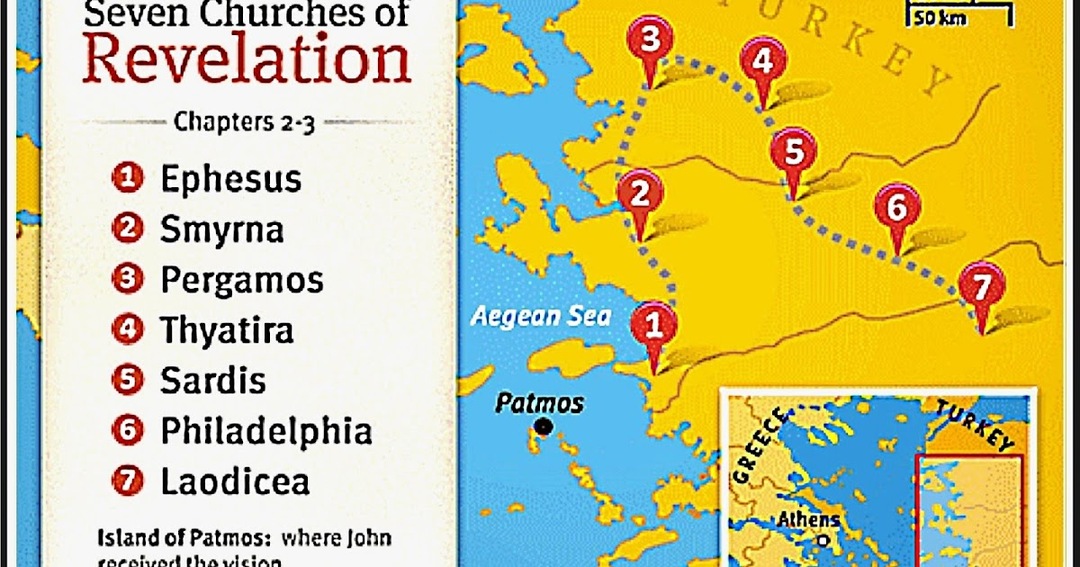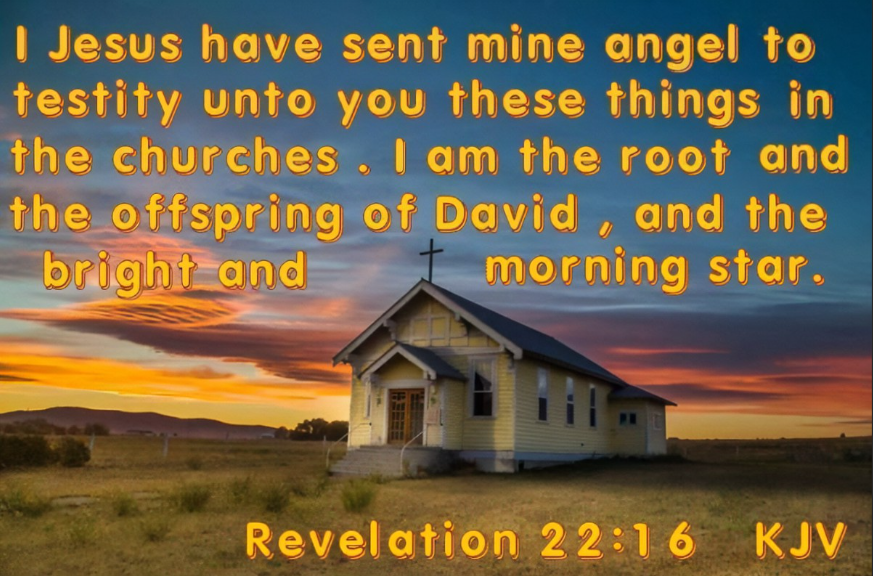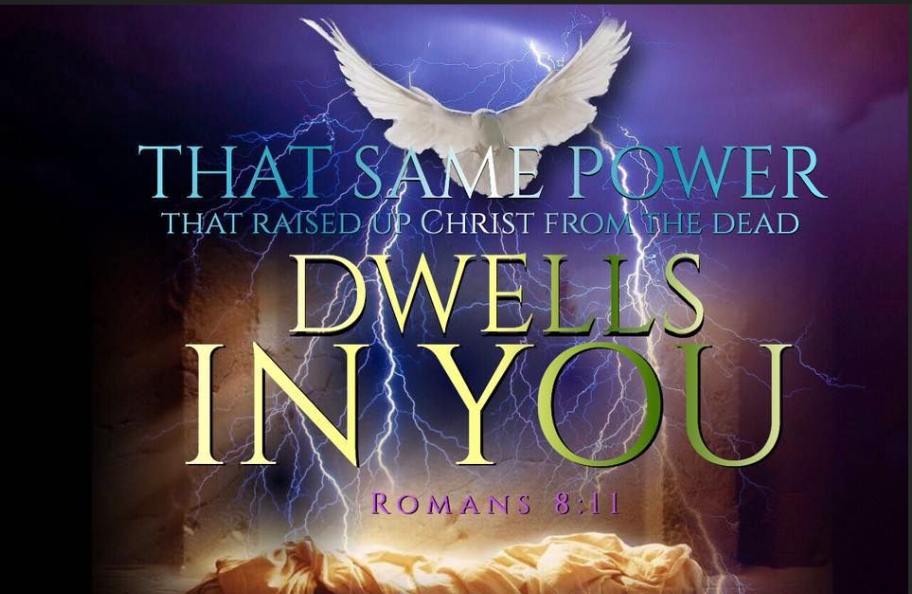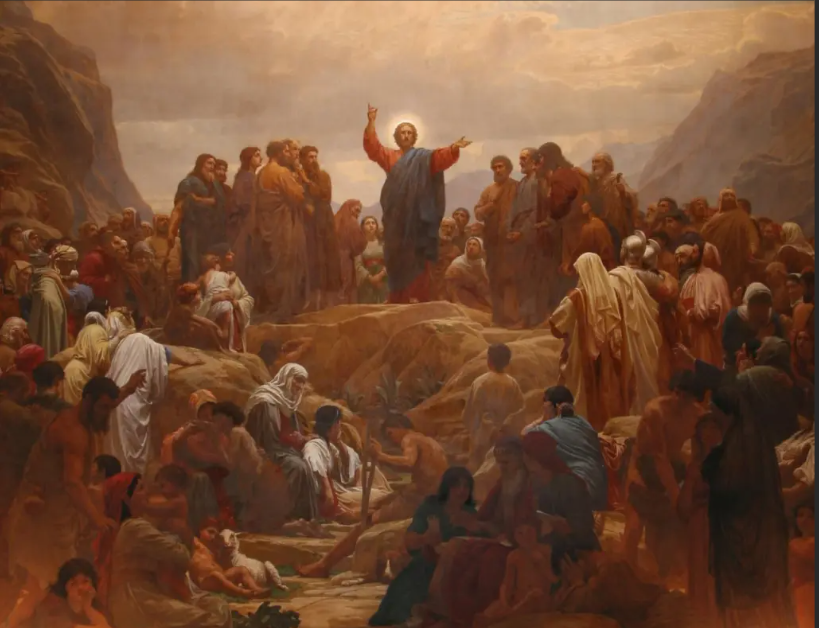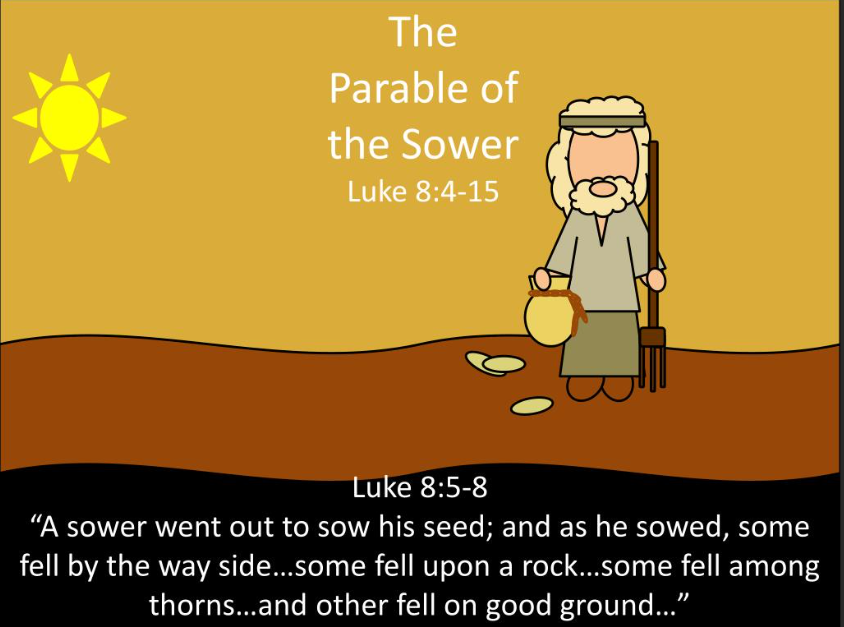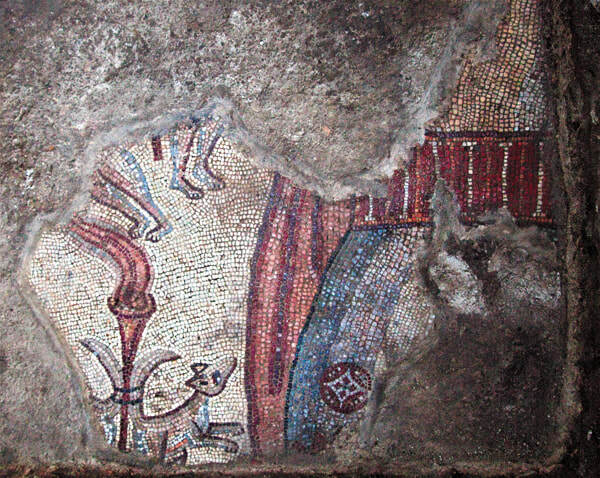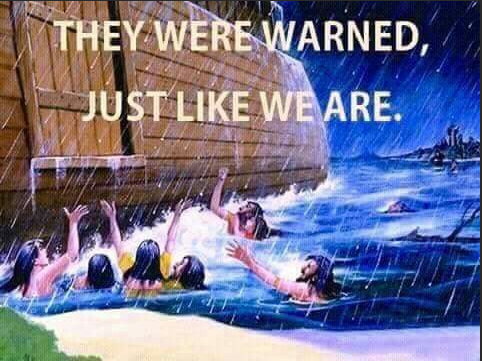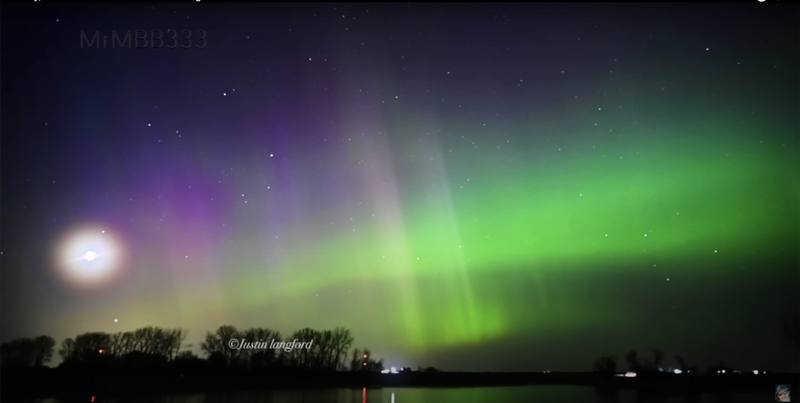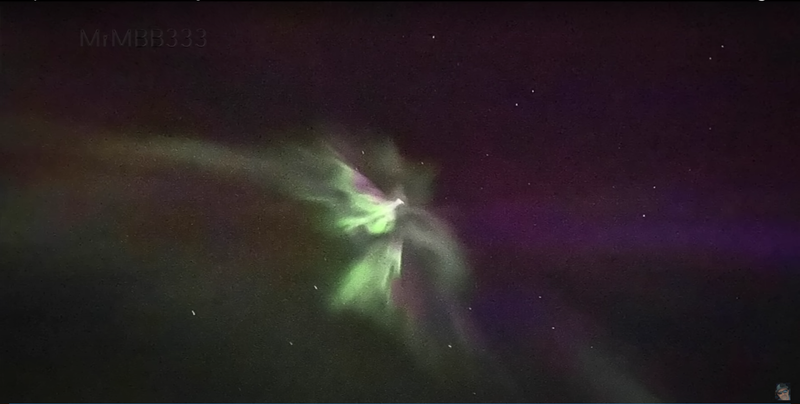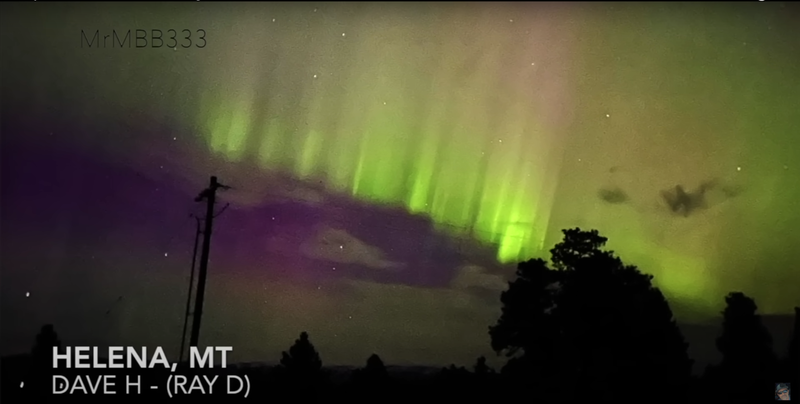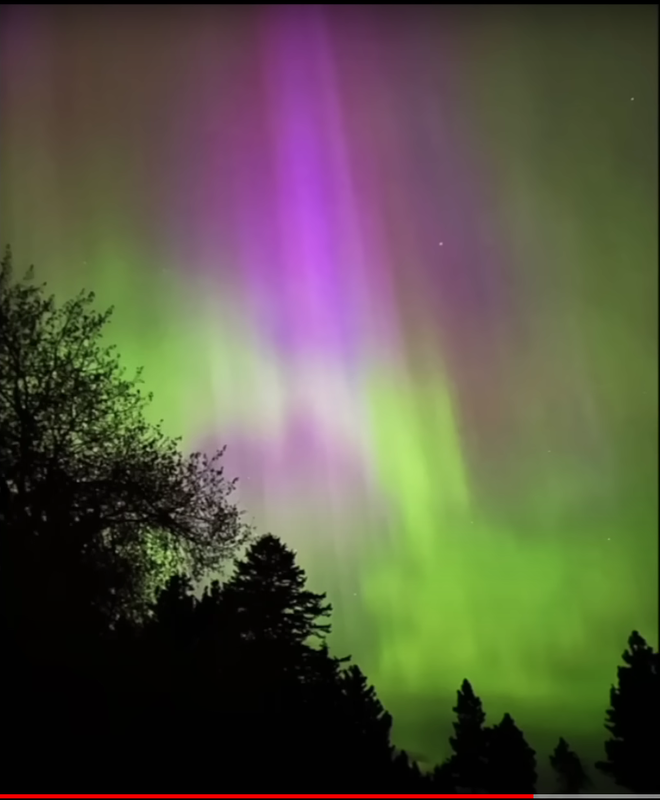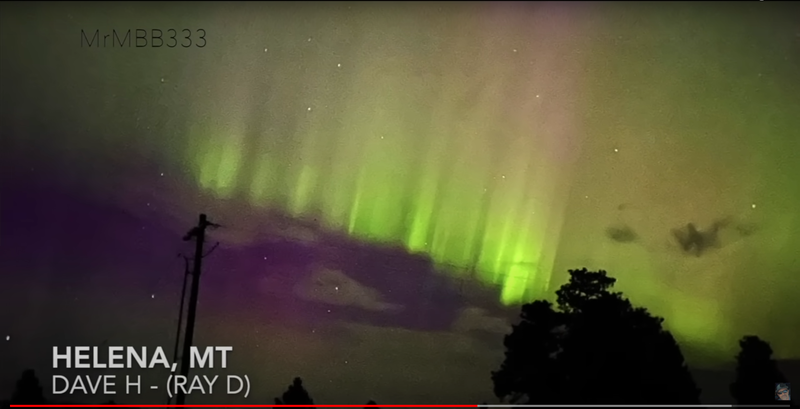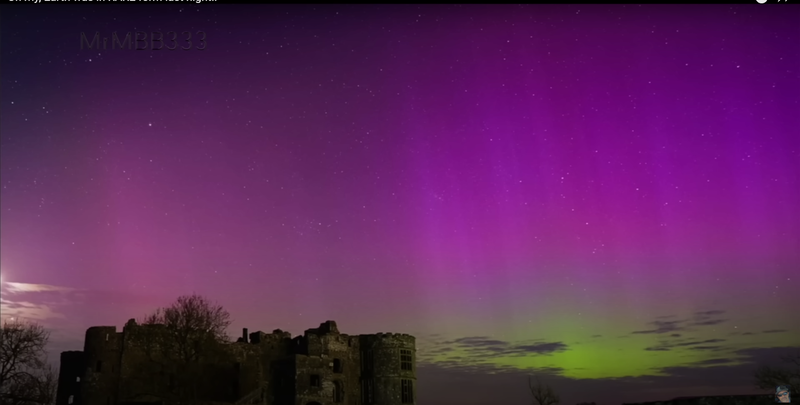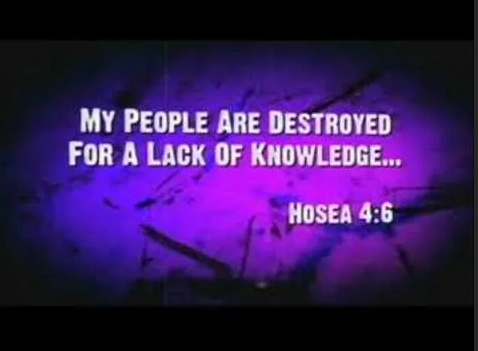- Published on
God has been putting this on my heart for a few days now, but just this morning, I realized what He was showing me. Thank you, Lord Jesus, for your sacrifice. Amen.
Revelation 2 and 3 are letters from God, as given to Jesus Christ, and shown to John by Jesus' angel in a revelation. Rev. 1:1. These seven letters from God through Jesus are directed to the angels of the seven churches of Asia: Ephesus, Smyrna, Pergamos, Thyatira, Sardis, Philadelphia, and Laodicea (see map above).
We know from scripture that the "church" is the spirit over the people (Eph. 5:23,25,27,29; Heb. 12:23, or how the people are being ministered unto by the seven Spirits of God [seven angels]. Isa. 11:1-2.
“Are they not all ministering spirits, sent forth to minister for them who shall be heirs of salvation?” Hebrews 1:14
The Holy Bible, as a whole, is written specifically for man, as an example and admonition (warning), upon whom the ends of the world have come. 1 Cor. 10:11. It is our instruction manual for life. Also, with prayer, it is our direct line of communication to and from God. It is written because God wants us all to come to repentance and be saved 2 Pet. 3:9. He promised man eternal life before the world began Titus 1:2.
So, although the letters are directed to the angels of the seven churches, they clearly describe what God expects from His people. When reading the letters, it is likely we will, and we should at some point, see our relationship with God, and His only begotten son, Jesus Christ, in one of these letters.
The Good News is that the letters tell us exactly how to overcome and endure our trials, so that we may receive of the tree of life Rev. 22:14, which is eternal life Gen. 3:22.
In these letters, only two of the angels of the seven churches were seen worthy, or rich in spirit, and were not instructed to repent: the angel of the church of Smyrna Rev. 2:8-11, and the angel of the church of Philadelphia Rev. 3:7-13.
The other five angels of the churches were praised for their right-doings, and rebuked and told to repent for various disobediences. I will cover in this blog only the first two angels told to repent, the angel of the church of Ephesus Rev. 2:1-7, and the angel of the church of Pergamos Rev. 2:12:17:
God praised the angel of the church of Ephesus for the following good deeds:
- Good works and labor Rev. 2:2
- Patience
- Could not bear those who are evil
- Tried, and found false apostles, as liars
- Hated the deeds of the Nicolaitans, which God also hates (Sexual immorality, idolatry. See description below.)
- Labored for God's Name, and did not faint Rev. 2:3
Nevertheless, God had somewhat against them, because they left their "first love," Jesus Christ Rev. 2:4, and the letter tells them to:
- Remember from where they fell (remember their creator) Rev. 2:5
- Do the first works of Jesus Christ (love God and love your neighbor as yourself Matt. 22:36-40, which means doing and being like Christ, serving)
- Repent (confess sorrow for their actions, turn from sin to God)
If not, He will come quickly and remove the candlestick from their church, except they repent. Rev. 2:5.
Now, scripture tells us that the seven [candlesticks] are the seven churches. Rev. 1:20
If God removed the candlestick, or the church (the spirit of the people), because of disobedience and lack of repentance, that would separate the people from God, and would lead to blotting out their names from the book of life:
Rev. 3
5 "He that overcomes, the same shall be clothed in white raiment; and I will not blot out his name out of the book of life, but I will confess his name before my Father, and before his angels.
6 He that hath an ear, let him hear what the Spirit saith unto the churches."
It should be noted that the church of Ephesus did not practice sexual immorality and idolatry, and God still found them imperfect before Him, because they turned from Jesus.
Let's look at the letter to the angel of the church of Pergamos. God praised them for the following:
- Holding fast His name
- Not denying His faith (Jesus Christ)
But, He also had the following against them:
- Idolatry
- Fornication, sexual immorality, immorality
And, He told them to repent.
These are just two examples:
- The church of Ephesus, which had good deeds, but had turned from Christ; and,
- The church of Pergamos, which had not turned from Christ, but had bad deeds: sexual immorality, immorality, fornication, idolatry
Both are found imperfect before God. We must consider our lives and how we live them. Are we living for God and His Son, Jesus Christ? If not, "Produce fruit that is consistent with repentance [demonstrating new behavior that proves a change of heart, and a conscious decision to turn away from sin]. Matt. 3:8 AMP
Just a few of the things we learn from these letters:
- Do the first works of Jesus Christ (love God and love your neighbor as yourself Matt. 22:36-40, which means doing and being like Christ, serving)
- Remember our creator, who we are, and from where we fell. In other words, turn from sin to God.
- Turn from evil, idolatry, fornication, adultery, sexual immorality, immorality (lying, cheating, stealing, murder), etc., for all are against God
- Repent (confess sorrow for our actions, turn from sin to God)
God hates the acts of the Nicolaitans Rev. 2:6. What are those acts?
Excerpt from biblegateway.com Encyclopedia: Nicolaitans: "Followers of Nicolaus of Antioch, a proselyte who was among the seven men chosen to serve the Jerusalem congregation (Acts 6:5), who had forsaken true Christian doctrine; he said they lived in unrestrained indulgence. Hippolytus confirmed this by noting that Nicolaus left correct doctrine and had the habit of indifference as to what a man ate and as to how he lived. The Apostolic Constitutions (6:8) described them as “shameless in uncleanness.” Although Clement of Alexandria defended Nicolaus by insisting that his followers had misunderstood him, he observed that the Nicolaitans abandoned themselves to pleasures like goats in a life of shameless self-indulgence." End excerpt.
And, the acts of Balaam, which are also called out in the letters to the angels of the churches, are similar to the acts of the Nicolaitans, eating meat sacrificed to idols (idolatry) and fornication (sexual immorality).
Conclusion: God says, Neither believing in Christ without living like Christ, nor living like Christ without believing in Christ, will save us. We must believe in, and live like, Christ (God's Letters, Rev. 2,3)
We must remember our Creator, who we are, and from where we fell:
Ecc. 12 AMP
6 "Earnestly remember your Creator before the silver cord [of life] is broken, or the golden bowl is crushed, or the pitcher at the fountain is shattered and the wheel at the cistern is crushed;
7 then the dust [out of which God made man’s body] will return to the earth as it was, and the spirit will return to God who gave it.
8 'Vanity of vanities,' says the Preacher. 'All [that is done without God’s guidance] is vanity (futility).'"
The book of Revelation, the final chapter of the Bible, describes the final chapter of man in his sinful body, and the heavens and the earth to come. Please spend some time studying the book of Revelation, especially God's letters to the angels of the seven churches, detailing what he expects from His church (His people).
God will not overlook evil in man's heart. He's looking for a church that is spotless and blameless. "Wherefore, beloved, seeing that ye look for such things, be diligent that ye may be found of him in peace, without spot, and blameless." 2 Peter 3:14
"Therefore to him that knows to do good, and does it not, to him it is sin." James 4:17
Pray that all of God's children earnestly remember Him, their Creator, before the silver cord of life is cut. In Jesus' Mighty Name. Amen and God Bless.













